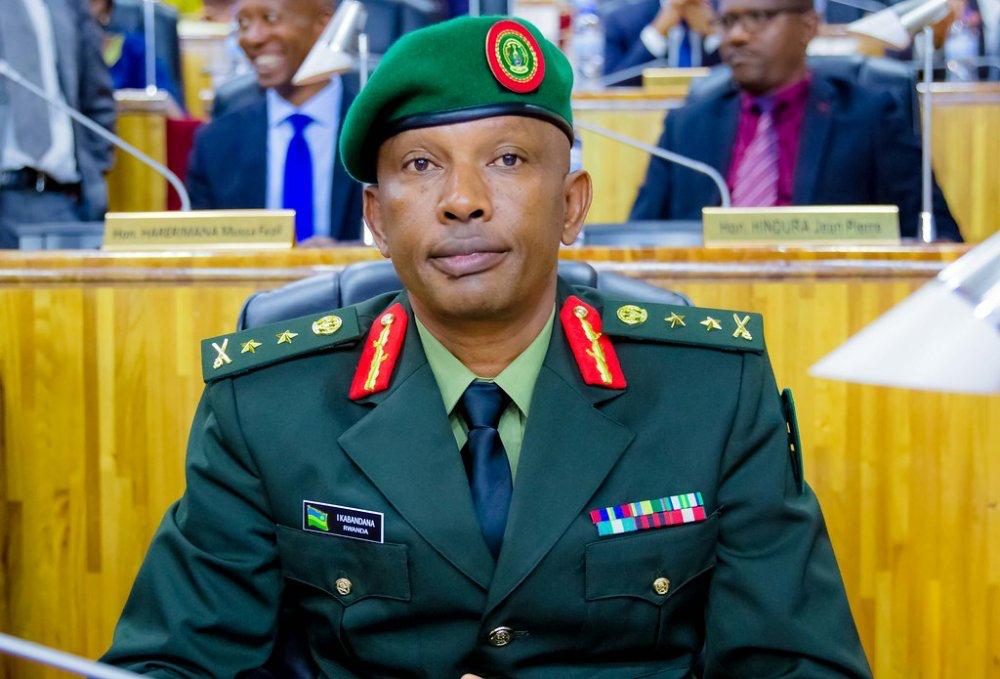
Lieutenant General Innocent Kabandana, a senior officer in the Rwandan Defense Forces (RDF), has died at the military hospital in Kigali on September 7, 2025, reportedly from natural causes.
His death closes the life of a man celebrated as a hero of Rwanda’s liberation yet shadowed by long-standing allegations tied to the 1994 Gakurazo massacre.
Kabandana, who rose to the rank of lieutenant general in 2022, played prominent roles in Rwanda’s military operations abroad, notably leading special forces missions against Islamist insurgents in Mozambique.
He also served as a defense attaché in the United States and held senior positions within the RDF, including head of logistics and special forces commander. State media hailed him as an exemplary soldier and a key figure in Rwanda’s fight against terrorism.
Yet for survivors of the Gakurazo massacre, Kabandana’s legacy is deeply contested. On June 5, 1994, Battalion 157 of the Rwandan Patriotic Front (RPF) allegedly executed three bishops, one archbishop, nine priests, and three civilians, including an eight-year-old child, in the town of Gakurazo. Survivors claim Kabandana was present and involved in decisions that led to the killings. Victims were reportedly buried in a mass grave.
“No official investigation was ever opened,” said one survivor. “His death prevents any legal accountability, and it feels like an insult to the families seeking justice.”
International scrutiny of RPF operations in 1994 has historically been limited. Access restrictions and geopolitical considerations, particularly from the United States and Europe, left many allegations unexamined. Survivors who spoke out against the RPF were often forced into exile amid fears of reprisals.
Kabandana’s passing has reignited debates over justice, memory, and impunity in Rwanda. While the government continues to glorify figures associated with the RPF’s liberation narrative, survivors and human rights advocates argue that acknowledgment of crimes is essential for national reconciliation.
His death leaves a contested legacy: a decorated soldier to some, a symbol of unaddressed atrocities to others. For the families of Gakurazo, it is a reminder that while history cannot be erased, justice remains elusive.
“Rest in Peace? No. Rest in Impunity,” said one survivor, reflecting the enduring pain and unanswered questions surrounding Kabandana’s life and actions.



